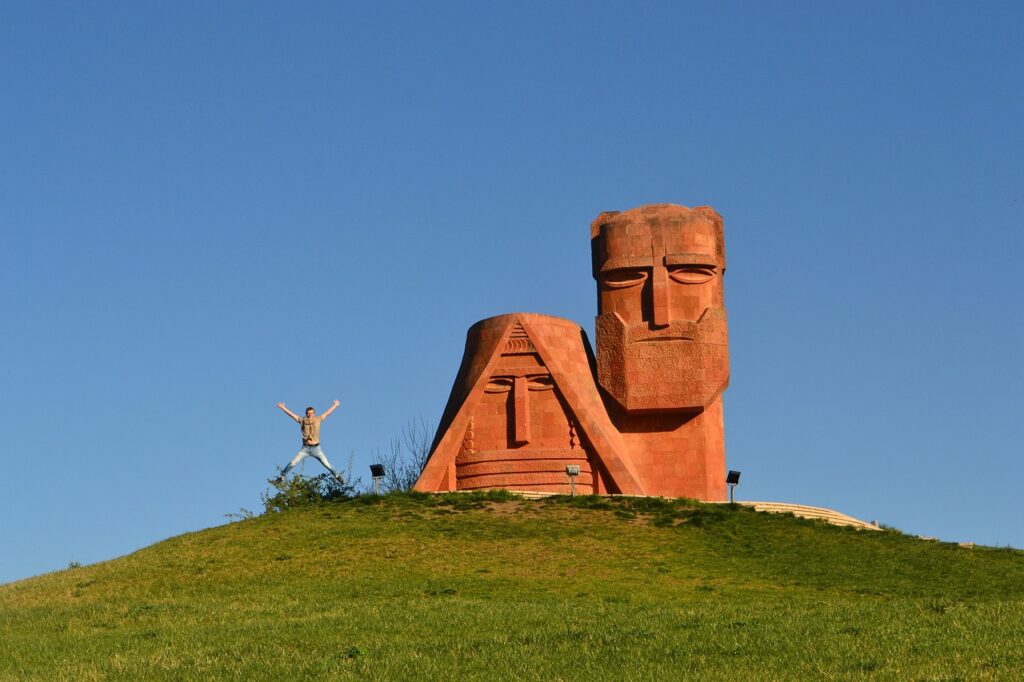A senior U.S. official said late Friday that the Nagorno-Karabakh conflict could be resolved before the end of this year and that the likelihood of another Armenian-Azerbaijani war has decreased since the recent crisis in Georgia.
“It’s possible,” Assistant Secretary of State Daniel Fried told RFE/RL when asked about chances of a breakthrough in the Karabakh peace process in the coming weeks. “But possible does not mean inevitable, and there are hard decisions that have to be made on both sides. If this conflict were easy to resolve, it would have been resolved already.”
Fried argued that Armenia and Azerbaijan were already very close to cutting a peace deal when their presidents held U.S.-mediated talks on the Florida island of Key West in early 2001. The deal fell through in the following weeks.
Commenting on possible attempts by one of the conflicting parties to resolve the Karabakh dispute by force, he said: “I think that danger, which always exists, has somewhat receded because the war in Georgia reminded everyone in this region how terrible war is. There are some who are always tempted to talk in fiery language. But war is no joke. It’s a bad option.”
The U.S. diplomat spoke to RFE/RL after holding talks in Yerevan with President Serzh Sarkisian, Prime Minister Tigran Sarkisian and representatives of Armenia’s main opposition alliance. Efforts by the United States and other international mediators to help settle Karabakh conflict were high on the agenda of the talks.
Fried said he also urged the Armenian leaders to release opposition members that were arrested following the February presidential election on what the U.S. considers politically motivated charges. “My message was it’s important to get past this and resolve it,” he said. “The longer people remain detained, the longer there will be a cloud.”
Fried said the Sarkisian administration should “deal with the consequences” of Armenia’s post-election unrest with the kind of “great leadership and courage” that it has shown in seeking to improve relations with Turkey. He also made the point that the democratization of Armenia’s political system will be a “slow process.”
“Obviously, Armenia has a great deal to do to build democracy,” he said. “Let’s be realistic. This is going to be a slow, incremental process. It needs to go in the right direction and it needs to move forward.”
